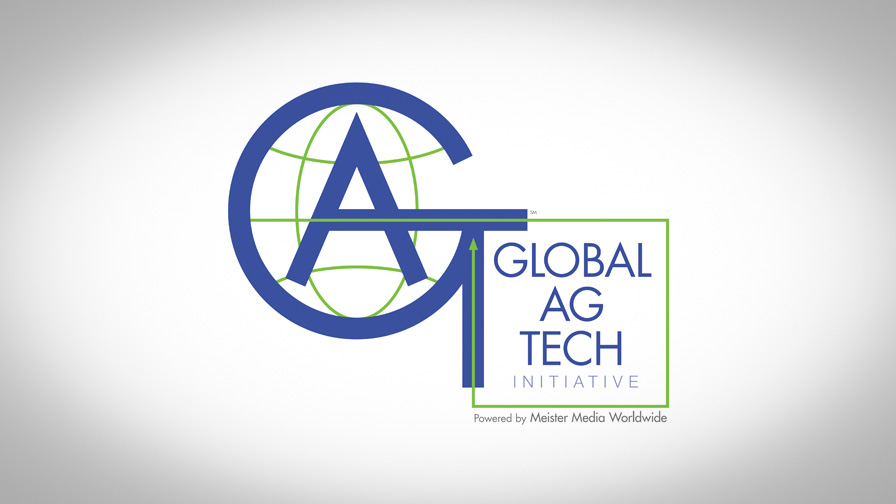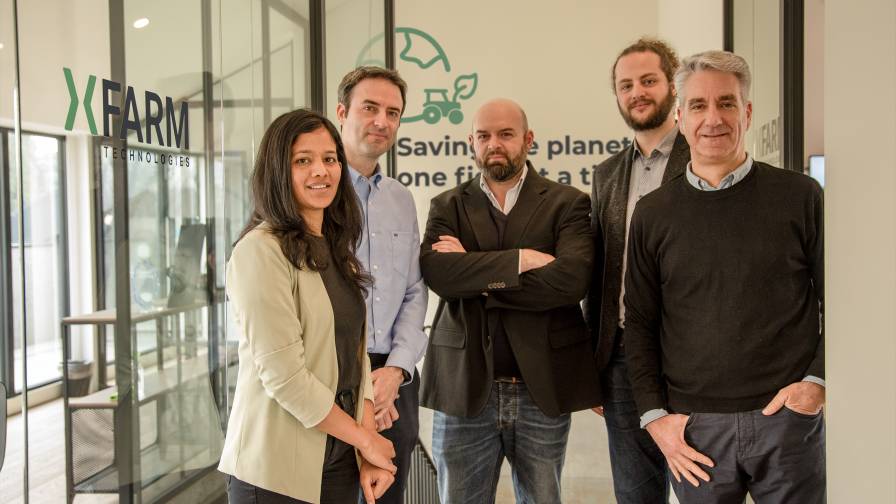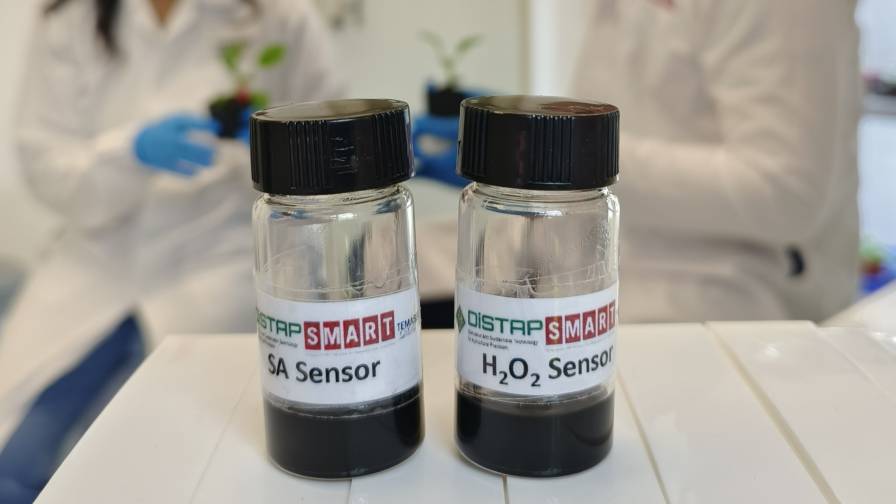Drones: Future Effects on Agrochemical Formulations
Drones advancements and improvements are improving exponentially as adoption rates continue to rise. AgriBusiness Global LIVE! hosted the Drone and Sensors: Future Effects on Agrochemicals webinar on Aug. 27 interviewing a panel of five experts who covered the technology, formulations, regulations, and global adoption of drones. Webinar attendees posed questions to our experts in three categories: regulations, formulations, and drones. Dr. Piyatida Pukclai, Regional Sales and Regulatory Policy Manager for Knoell, Scott Tann, North America Business Manager for Lamberti USA, and Arthur Erickson, CEO/Co-Founder of Hylio, Inc., answer the questions below.
REGULATIONS
ABG: Are there any regulatory restrictions limiting the size of larger drones?
Piyatida Pukclai: Generally, yes. In most of the countries where they have drone regulations, size or weight criteria are stipulated in the regulations. In some countries, excess of a certain size of drone may be subject to a specific registration license and must be registered in a similar manner to manned aircraft. Regulations vary depending on the country’s regulations. Agriculture spraying drones are much bigger in size. Not only size but also type, operation (VLOS, BVLOS), etc. have been a significant barrier to more widespread use of drones. Specific regulations and guidelines for agriculture spraying drones are required. Governments need to respond swiftly to manage agricultural spraying drones properly.
MORE BY AGRIBUSINESS GLOBAL
Capitalizing on Emerging Technologies in LATAM: AgriBusiness Global to Hold Second LATAM Conference in Panama
Ag Tech Talk Podcast: Topcon Positioning Systems’ Mike Gomes Leads a New Global Sustainability Team
The Digital Tools Ag Companies Must Have in Their Crop Input Toolbox
ABG: With ever increasing use of drones for pesticide spraying, what will be the effects on pesticide regulations including less amount, worker protection, environmental protections, etc.?
PP: The adoption of drone technology deployment requires governments to respond with a sound regulatory framework to prevent uncontrolled and inappropriate use of these applications. Managing the potential risks associated with drone application is important. It is important to consider the various risks associated with drone application which include operator capability, environmental variables, drone specifications and product formulation. In several Asia countries, Standard Operating Procedures (SOP) have been put in place for spray operators, drone manufacturers and pesticide manufacturers to comply with in order to be authorized to operate these drones in pesticide spray. The SOP rules regarding label instruction stewardship and pesticide emergencies and emergency response are also required.
Read more at AgriBusiness Global.









